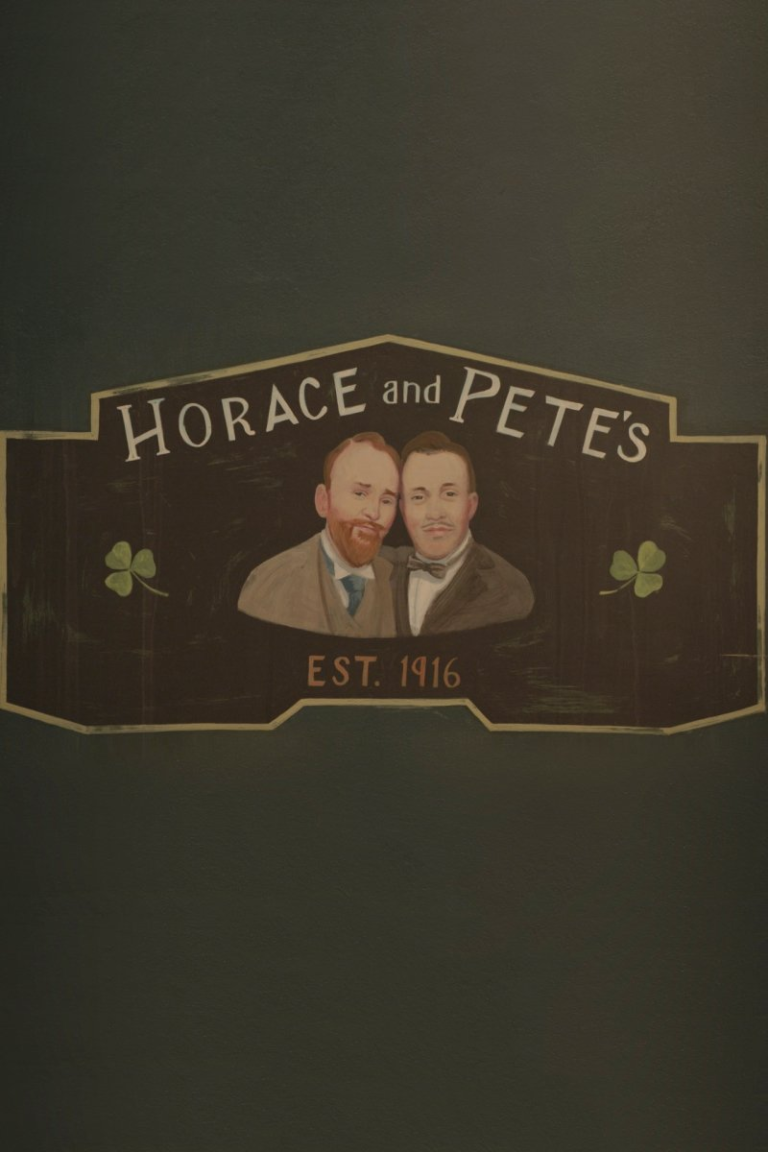How to Die Alone Christian Review

There’s something special about the way “How to Die Alone” sneaks up on you. At first glance, you might think it’s going to be another light, semi-satirical comedy about a woman navigating her messy life. But there’s something deeper happening here—something that catches you off guard. It’s not just about surviving life’s more awkward moments or making you laugh at the quirks of adulthood, although it does that well. At its heart, this show touches on some of the weightiest issues we all deal with: loneliness, self-worth, and the importance of community. And it does so with a charm and realness that feels almost, dare I say, spiritual.
Right off the bat, Natasha Rothwell shines as Mel, the show’s central character. You can’t help but be drawn to her. She’s witty, she’s flawed, she’s brutally honest with herself—and not always in a good way. There’s a sharpness to her inner dialogue, and often she’s her own worst critic. Watching her feels real because, let’s face it, we all have those moments where we’re far harsher on ourselves than anyone else would dare to be. Mel’s self-deprecating humor is raw, and at times it makes you wince, but it’s the kind of humor that holds a mirror up to the audience. In a Christian context, it’s hard not to think about the biblical call to love others as we love ourselves (Mark 12:31). But what happens when we forget how to love ourselves in the first place? Mel’s journey is a reminder that even in those ugly, messy moments, we still hold value.
And that’s where the show’s deeper layers begin to unfold. “How to Die Alone” doesn’t just hang out in the comedy realm—it treads into territory that feels vulnerable, emotional, and oddly uplifting. It speaks to something a lot of us struggle with: the balance between self-love and self-criticism. This series takes a unique approach to exploring those inner battles. While it doesn’t come with the heavy-handed lessons or obvious spiritual teachings, it embodies a kind of grace. Grace for oneself. Grace for others.
What really struck me as a Christian viewer was how community is woven into the fabric of the show. Mel’s relationships with those around her, particularly with her friend played by KeiLyn Durrel Jones, speak volumes about the importance of having a support system. For anyone who has ever felt alone, this series serves as a gentle nudge, reminding us that we’re not meant to walk through life solo. In Ecclesiastes 4:9-10, the Bible says, “Two are better than one… If either of them falls, one can help the other up.” The show doesn’t explicitly preach this, but you can feel it in the way the characters interact with each other. Mel’s community is flawed, just like her, but it’s real, and it’s what keeps her grounded when life feels overwhelming.
There’s something refreshing about the way Natasha Rothwell handles these deeper issues. It’s not a lecture, it’s not self-help. It’s comedy, but it’s authentic comedy, and it’s rooted in real experiences. Mel doesn’t just toss out #blessed platitudes or spend time trying to be something she’s not. Instead, she wrestles with herself, with her past, and with her future. And that wrestling feels incredibly relatable, even for those of us walking in faith. We’re constantly told that we’re loved, that we’re created with purpose (Psalm 139:13-16), but that doesn’t mean the journey to self-acceptance isn’t fraught with its own set of challenges. “How to Die Alone” shows that it’s okay to not have it all together. It’s okay to be a work in progress.
But the show isn’t just introspective—it’s funny, sometimes in a biting way. Mel’s sharp tongue and brutal honesty hit hard, but they’re laced with humor that makes you laugh even when you’re wincing at the truth behind the words. The show walks a fine line between comedy and drama, never tipping too far into either, which is what makes it so unique. It’s not afraid to be honest about the uglier parts of life, but it also knows how to find joy in the chaos. As Christians, this balance feels familiar. We know life is filled with pain and struggle, but we also know that joy can be found, even in the darkest moments (James 1:2-4).
One of the most beautiful aspects of “How to Die Alone” is how it reframes the concept of hope. The title itself sets up the expectation that this is going to be a story of existential dread, maybe even a depressing commentary on loneliness. But the show flips that expectation on its head. It’s not about dying alone at all—it’s about figuring out how to live fully, even in the face of fear, uncertainty, and, yes, loneliness. There’s a lesson here that Christians can resonate with deeply: that in Christ, we are never truly alone (Deuteronomy 31:6). Even when life feels isolating, we have a community, both earthly and heavenly, that surrounds us.
While the show is primarily a comedy, it does a remarkable job of digging into some pretty serious topics, and it doesn’t shy away from the hard stuff. In a world where everyone’s trying to project a perfect image of themselves, “How to Die Alone” is a refreshing dose of authenticity. Mel’s life isn’t Instagram-perfect, and that’s exactly what makes it so engaging. It’s messy, but it’s real. And for a Christian audience, there’s something to be said for that kind of honesty. We’re all flawed, we’re all broken in some way, but we’re all deeply loved by a God who meets us in our brokenness.
Of course, no show is without its shortcomings. There are moments where the humor feels a bit too sharp, or the storyline gets a little muddled, but these minor issues don’t detract from the overall experience. If anything, they add to the rawness of the show. It’s not polished, but it doesn’t need to be.
So, how does “How to Die Alone” measure up from a Christian perspective? It’s not overtly spiritual, and it’s not trying to be. But it’s real, and it speaks to the human condition in a way that feels deeply relatable. It’s a reminder that life, in all its messiness, is worth embracing. That we’re not meant to walk through it alone. That there’s grace, both for ourselves and for others. And that, even in our loneliest moments, we’re never truly alone.
Final Rating: 8/10
“How to Die Alone” is a refreshingly honest and often hilarious look at the human experience. It’s a show about self-acceptance, community, and finding hope in unexpected places. While it’s not explicitly faith-based, its themes of grace, love, and connection resonate deeply with Christian values, making it a must-watch for anyone looking for a bit of humor and heart in their TV lineup.





